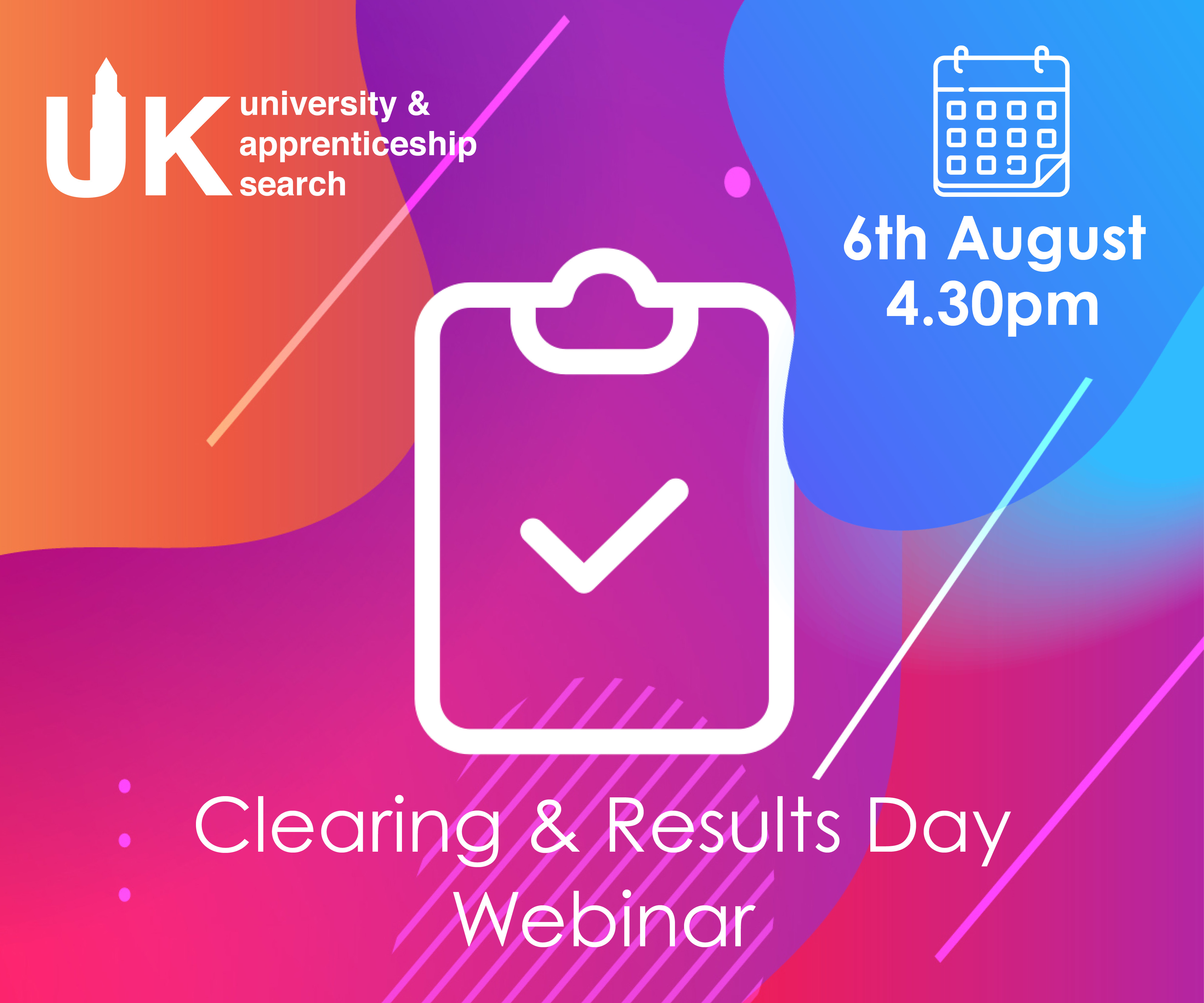The pressures of modern education are causing a spike in mental health issues. With anxiety, panic attacks, depression and self-harm on the rise, it's time for a wellbeing revolution. Rather than spending £billions on fixing broken children, the UK's first ever ‘Dr of Happiness' has written a syllabus for a brand new subject - GCSE Wellbeing.
The Problem
Academically, the Programme for International Student Assessment (PISA) places UK teenagers in an ironic school report position of ‘could do better', ranking 15th in science, 27th in maths and 21st in reading.
National statistics tell us that teachers are leaving the profession and pupils' happiness is on the decline. UK teenagers rank 19th out of 20 in a recent international study of wellbeing. Mental ill-health is a particular problem for girls with 1 in 4 being clinically depressed by age 14 and hospital admissions for teenage self-harm rising by 68% in the last decade.
In a valiant effort to keep up, many schools have fallen into the trap of doing the same, but harder. Cue more low-level disruption, burnout, anxiety, absence and mental ill-health, with over half of all school exclusions linked to mental health issues.
Dealing with the huge rise in mental ill-health has become a booming industry. The system is creaking. Indeed, in terms of harming the mental wellbeing of young people, the system is often failing. In terms of wellbeing, schools are no longer fit for purpose.
The Wellbeing Solution
The real solution is not to fix those who have been mentally and emotionally harmed by the education system and/or modern world. The challenge is to create an enhanced learning environment in which young people can flourish. The key question therefore becomes how can we stop young people becoming mentally unwell in the first place?
The answer is surprisingly simple. GCSE Wellbeing.
If we want schools to produce well qualified young people who also happen to be confident, upbeat, positive, resilient, creative, altruistic and passionate, they need to be taught how. In short, young people need a programme of study that equips them for the fast-paced world as it is, not the relatively pedestrian world as it used to be.
What does the new GCSE Wellbeing look like?
The proposed GCSE Wellbeing prototype has 7 taught modules, each with ‘homework' that builds into a portfolio of personal growth. The young people will document their own progress, charting their strengths, growth, ambitions, purpose, goals, successes and character traits.
The GCSE will cover the theory of wellbeing, whilst recognising its subjective nature. Thus, the significant academic underpinning will be combined with an emphasis on learning a variety of techniques - hence young people will get to try out mindfulness, positive psychology, emotional intelligence, anchoring, altruism, reframing, gratitude, etc, to see what works for them.
The golden thread throughout all modules is to grow aspirations in young people to be their best selves.
World Leading
Its DNA is rooted in the modern world. GCSE Wellbeing is designed to inspire and educate, as well as equip young people with a set of life-skills that result in higher mental ‘wealth'.
GCSE Wellbeing will teach strategies to help develop and maintain students' own mental wellbeing. It is a subject that has the potential to transform lives. Moreover, it is very likely to be the only curriculum subject that will impact positively on school grades across the board because the evidence indicates strongly that happy children learn and behave better.
Best of all, GCSE Wellbeing will give employers what they need and parents what they crave - a flourishing next generation who are able to cope with the full-on nature of modern life.
What is the Price of Happiness?
The current system of ‘waiting for young people to show signs of mental ill-health and then fixing them' is, at best, an inordinately expensive and ineffective way of addressing the problem. But we continue because of the moral argument; if intervention can save just one child then it is deemed worthwhile.
Our morality needs channelling in another direction. Young people don't need saving or fixing. They need empowering and equipping. Empowering generations of young people to take charge of their own mental health, equipping them to live flourishing lives that contribute to happy communities is worth £billions to the economy.
Factor in the savings to the NHS and public sector and it amounts to £trillions.
But, of course, it's much bigger than that. To be happy is the number one thing that parents want for their children. True happiness and mental wealth coupled with the ability to live a flourishing life is something money can't buy.
Module Titles
1 Personal leadership (aka ‘being your best self')
2 The science of wellbeing (aka ‘the search for happiness')
3 Communicating positively with others (aka ‘how to win friends and influence people')
4 Dealing with difficult times (aka ‘bouncebackability')
5 Spirituality (aka ‘feeling connected')
6. Physical wellbeing (aka ‘eat. move. sleep')
7. Personal change (aka ‘making a difference')
How do we fit it into an Already Overcrowded Timetable?
It is important to remember that teenage mental ill-health is at an all-time high (and rising), a fact partly attributed to an over-crowded timetable. The question is therefore not only about thinning out, but of building the rest of the curriculum around GCSE Wellbeing. Schools that get this right will benefit from an academic uplift in the other GCSE subjects.
In a shake-up of scheduling we envisage that GCSE Wellbeing is allocated a day per month. Thus years 10 and 11 enjoy a monthly ‘non-timetable' day that is totally focused on mental health and personal wellbeing. These days would be an appropriate mix of community activities, guest speakers, teacher input, group discussions, etc.







